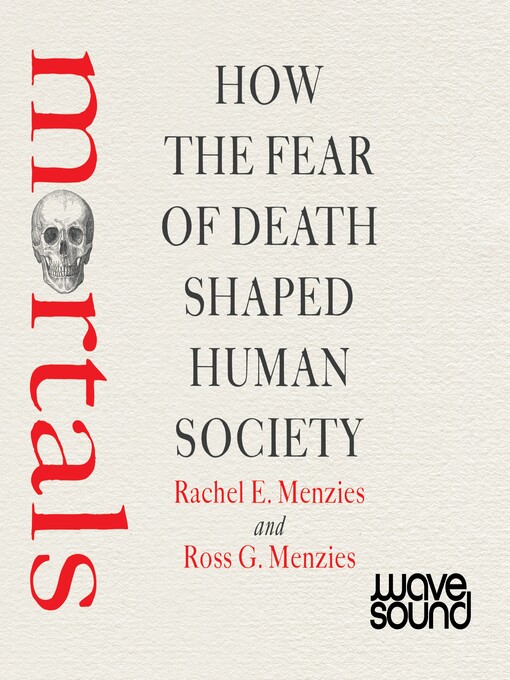- Available now
- Always Available Romance
- New eBook additions
- New kids additions
- New teen additions
- Most popular
- Explore Your Family History
- Try something different
- Always Available Classics
- Sci-Fact or Sci-fi?
- Not just Superhero stuff: Alternative Comix
- Comics & Graphic Novels
- See all ebooks collections
- Just added - Audiobooks
- Available now
- New Audiobooks - Teen
- New Audiobooks - Kids
- Most popular
- Try something different
- Christmas Stories
- See all audiobooks collections
